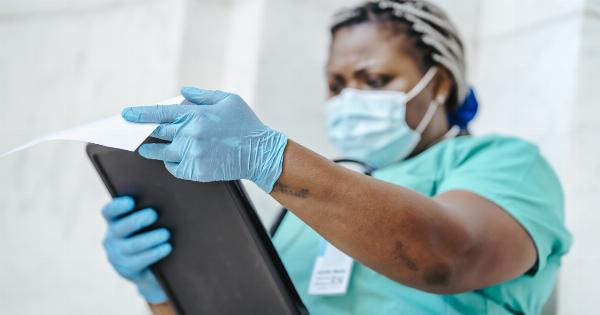When it comes to talk about penis size, many men feel uncomfortable and even insecure. However, it’s important to remember that penis size is a personal and individual matter, and there is no one-size-fits-all answer.
While some may be satisfied with their size, others may strive for growth. If you’re seeking ways to enhance your penis size, this ultimate guide provides valuable information and techniques to help you achieve your goals.
Understanding Average Penis Size
Before diving into penis enlargement methods, it’s essential to comprehend average penis size. The average erect penis size ranges from 4.7 to 6.3 inches (12 to 16 cm), while flaccid sizes usually range from 2.8 to 3.9 inches (7 to 10 cm).
However, penis size varies greatly, and what matters most is sexual satisfaction and a healthy intimate life.
The Role of Genetics
Genetics play a significant role in determining penis size. Just like other physical characteristics, the genes inherited from your parents influence the development of your penis.
If you’re concerned about your size, understanding that genetics are a factor can help ease some of the anxiety related to this topic.
Enhancement Techniques
1. Exercise and Stretching: Regular exercise and targeted stretches may improve blood flow to the penis and promote size enhancement.
2. Penis Extenders: These devices apply gentle traction to the penis, encouraging tissue expansion over time and potentially increasing both length and girth.
3. Penis Pumps: By creating a vacuum around the penis, pumps draw blood flow, potentially leading to temporary size improvements. However, results may vary.
4. Penis Enlargement Pills: Some dietary supplements claim to enhance penis size. However, it’s crucial to research and consult with a healthcare professional before considering or using such products.
5. Surgical Procedures: Surgical interventions are available for those seeking permanent penis enlargement. However, they carry risks and should be thoroughly discussed with a qualified healthcare professional.
Safety Considerations
It is crucial to prioritize safety when considering penis enlargement methods. Here are some essential safety precautions to keep in mind:.
1. Consult a Medical Professional: Before beginning any enlargement regimen, it is wise to consult with a medical professional who can provide guidance tailored to your specific needs and health conditions.
2. Avoid Unproven Products: Be cautious of products claiming miraculous results without scientific evidence. Do thorough research before trying any enhancement method.
3. Follow Instructions: Whether using devices or dietary supplements, always follow the manufacturer’s instructions carefully to reduce the risk of injury.
4. Gradual Progression: Patience is key when it comes to penis enlargement. Avoid excessive force or aggressive techniques that may harm the delicate penile tissues.
The Psychological Aspect
While pursuing penis size growth is understandable, it is essential to note that size alone does not determine sexual satisfaction or prowess. Building a healthy mindset and positive body image is equally important.
Open communication with your partner about desires, preferences, and concerns can help foster a fulfilling intimate relationship regardless of size.
Conclusion
Remember, the ultimate goal should always be to feel confident and comfortable in your own skin. Penis size growth techniques can be explored for those who have a genuine desire for improvement.
However, it is crucial to prioritize safety, consult with professionals, and consider the broader aspects that contribute to a satisfying sexual experience.




























